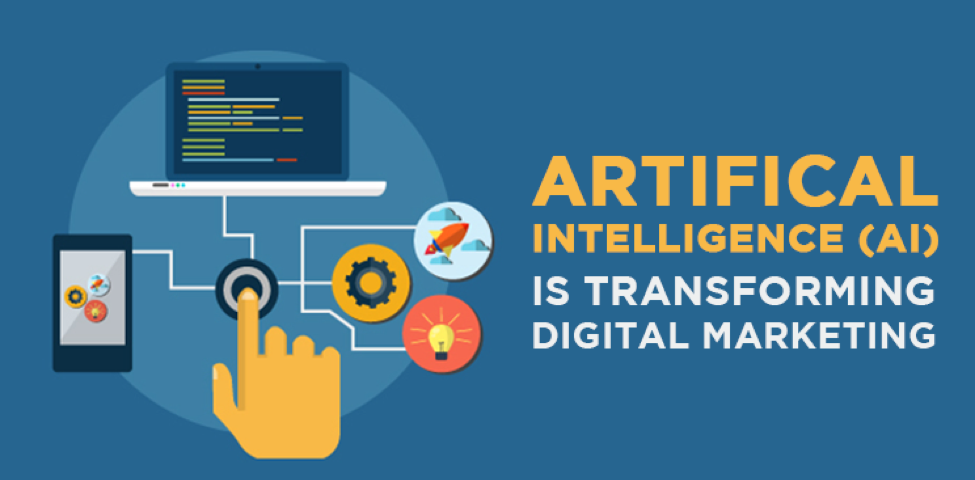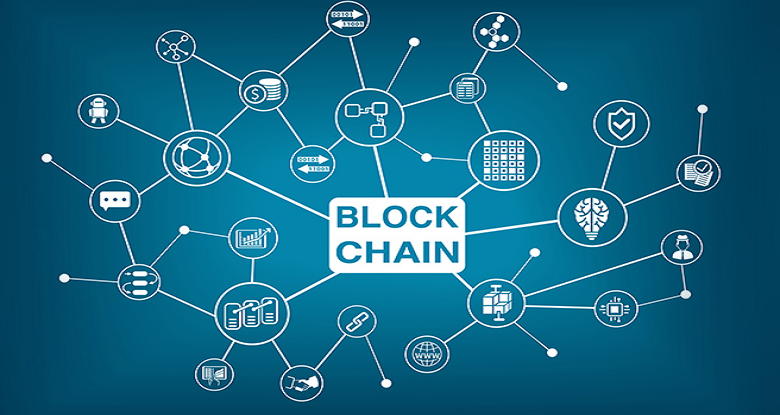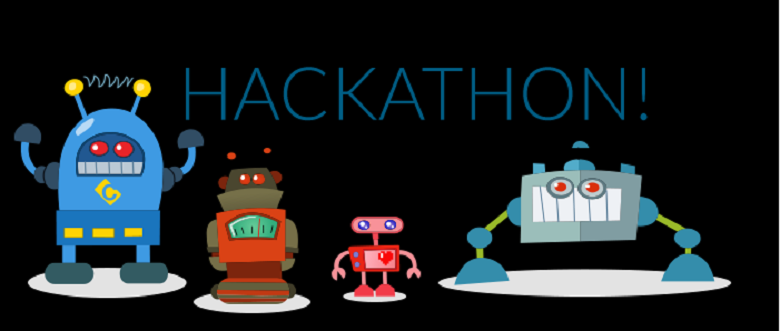At its AI for All conference in Bengaluru, Microsoft India showcased some of its most recent artificial intelligence [AI] solutions aimed at helping improve lives and transform businesses. Microsoft India said it is helping 650 India-based partners use the Microsoft cognitive services, IoT, AI and machine learning platforms to build solutions for India.

Over the last year, Microsoft and its partners have deployed AI solutions in areas such as healthcare, education, agriculture, retail, e-commerce, manufacturing and financial services. Microsoft also announced a partnership with Forus Health, a Bengaluru-based technology company focusing on retinal imaging devices, to leverage AI capabilities for early detection of diabetic retinopathy, glaucoma & macular degeneration, and help reduce avoidable blindness.
Anant Maheshwari, President, Microsoft India, said
We are working closely with our partners to bring AI to all sectors in India. The intersection of AI with people and society presents an incredible opportunity to create a lasting, positive impact on the world and in India. Our partners are creating inclusive solutions designed to solve local societal and business problems.
Peggy Johnson, Executive Vice President, Business Development, Microsoft, said
We are working to democratize AI and make it available to all. As a company, we have been working with AI for over 25 years. As humankind discovers new challenges and refocuses on old ones, AI can help us find better and more sustainable solutions.
Partnership with Forus Health
Diabetic retinopathy is one of the most common complications of diabetes population due to lifestyle changes and accounts for up to 10% of cases that experience loss of vision. As part of Microsoft AI Network for Healthcare, Microsoft and Forus have worked together to integrate AI-based retinal imaging APIs into Forus Health’s 3Nethra devices using Microsoft Azure IoT Suite. This will help Forus technicians identify eye fundus images as well as disease conditions better. 3Nethra devices, which can be operated by minimally trained technicians, are deployed across over 20countries and have so far touched more than two million patients.
K. Chandrasekhar, Founder & CEO, Forus Health, said
Forus Health is excited to partner with Microsoft in providing integrated services in ophthalmology screening to the end customer using artificial intelligence. This would help in potential early identification and treatment for problems like diabetic retinopathy. This partnership will help assist doctors with diabetic patients in rural clinics in India as well as other emerging economies such as Mexico.

Microsoft, enabling partners
Microsoft helps up-skill partners using trainings and hackathons on AI, machine learning, Microsoft Bot framework, cognitive APIs and Machine Learning Studio. Microsoft also offers practice resources to partners to help develop new in-house capabilities and reach more customers. Resources are available to partners in the field of business analytics and AI, data platform modernization and data warehousing and big data, among others.
Microsoft’s partners and customers drive AI innovation in India
Microsoft partners and customers in India are using and/or offering AI-based solutions across scenarios including customer segmentation and life time value assessment, demands forecasting, multi-factor customer identification system [face, biometric and speech], omnichannel analytics, fraud detection and credit risk assessment, and remote monitoring amongst others. A few examples include-
Hitachi Micro – Using cognitive services and machine learning, Hitachi is developing facial biometric customer identification systems for banks, to make Face the ID for users to access their accounts and make transactions. This will improve the overall user experience and safety for customer. Using Microsoft’s AI based solutions, the company is also creating facial recognition and patient authentication platforms for healthcare organizations, enabling easy biometric check-in for patients, attendants, doctors and healthcare staff.
Nihilent Technologies – Nihilent, a Microsoft Gold Partner, offers a comprehensive suite of AI, machine learning, user experience and design thinking-based solutions to customers around the world. The company is delivering AI-based solutions for several operational verticals viz.,
- Vehicle Telemetry for an Indian Insurance company – The solution analyzes trip details such as driving pattern, frequent place of travel and maps the insurance policy information for further analysis such as classifying vehicle segment, performing a correlation of driving pattern with accident claims.
- A modern and comprehensive parking solution implemented using Azure IoT for leading parking solution provider, WorldWide Parking Inc, with offices in 16 countries. The effort included an assessment of the existing solution and re-engineering it into a more modern, scalable and performant cloud-based platform.
- Facial Recognition that provides a trusted system for facial security. It prevents access to the premises for unregistered persons.
- Recommendation Engine for a leading non-banking financial services company using market basket analysis to make recommendations based on the relationships among products/services and the products/services utilized by customers.
- Text Analytics – Deals with large number of unstructured documents and performs Text Mining of the corpus of pdf data to create a structured database using key words & natural language processing. The solution will help in understanding how existing and proposed projects are likely to behave in future.
WittyParrot – WittyParrot Word widget, is a productivity solution provider for knowledge workers to create word documents rapidly by assembling pre-built, consistent and compliant content. WittyParrot was part of Bengaluru-based Microsoft Accelerator’s 10th batch where they underwent an intensive six-month coaching and mentoring programme. They are using Microsoft’s Azure cloud offering and leverage it for technologies like big data, internet of things [IoT] and advanced analytics, among others, while being fully integrated with Microsoft Office and Microsoft Office 365, several CRM platforms and various voice enabled chat-bot technologies.
BrainifAI – Gurugram-based start-up BrainifAI is creating multiple solutions to ensure cab safety by tracking drivers and passengers. This includes detection of soberness of drivers and escorts, as well as in-cab physical threats.
Ola Play – Ola Play is the world’s first connected car platform for ride-sharing, that will leverage Microsoft AI and IoT to enhance driver experiences with tele-matics and navigation guidance; passenger experiences with cloud-based infotainment and productivity; and provide auto manufacturers with custom digital experiences for their customers. The advanced tele-matics platform will transform the car into a high-performing, intelligent vehicle, capable of assessing fuel efficiency, engine performance, and driver performance. It will also enable smarter navigation and predict breakdowns, enhancing safety and security while creating new business models and opportunities.
Flipkart – Flipkart is leveraging artificial intelligence, machine learning and analytics capabilities in Azure, such as Cortana Intelligence Suite and Power BI, to optimize its data for innovative merchandising, advertising, marketing, product discovery, content moderation, pricing and customer service. With powerful insights about its business and new, intelligent services, Flipkart can deliver increasingly relevant and personalized experiences to its customers.
ShepHertz – The Gurugram-based tech start-up serving 65k customers across 150 countries processes 111+ billion API calls. ShepHertz endeavors to make applications (apps) developers successful on the cloud. Their Intelligent Digital Hub Platform [IDHP] helps build omni-channel [mobile, social, gaming, TV, IoT, wearables, point of sale and web] apps and increases user acquisition, retention, engagement and conversion through their real-time actionable big data analytics solution. As part of IDHP, ShepHertz Applied AI Services is using Microsoft Azure to provide social listening tools such as sentiment analytics, machine learning tools such as chatbots, Prediction analytics and Face Recognition for visitor management, attendance and intruder detection. ShepHertz also uses Power BI for AI and big data visualization and reporting.
ZingHR – Mumbai-based ZingHR is helping businesses address the talent acquisition and retention challenges by operating on Microsoft Azure’s machine learning, cognitive, analytics, voice Bots and social listening capabilities. With emotion APIs for sentiment analysis, it has enabled HR departments to achieve reduced hiring cycles and unbiased hiring leading to 80% improved efficiencies.
ZingHR is offering Hire-to-Retire solutions and services to over 500 enterprise customers across India, South East Asia and Middle East. By adopting the latest Microsoft technologies, ZingHR platform is highly flexible, scalable, mobile, and economical with lean HR practices.
- Karnataka Agricultural Price Commission [KAPC] – As part of an experiment with Microsoft, KAPC, Department of Agriculture, the government of Karnataka is using price forecasting for agricultural commodities, in addition to sowing advisories for farmers in the state.
Microsoft has developed a multivariate agricultural commodity price forecasting model to predict future commodity arrival and the corresponding prices. It uses remote sensing data from geo-stationary satellite images to predict crop yields through every stage of farming. This, along with other inputs such as historical sowing area, production, yield, weather, among other datasets, are used in an elastic-net framework to predict the timing of arrival of grains in the market as well as their quantum, which determine their pricing.
AI for All conference
The AI for All conference saw participation from industry representatives from across healthcare, automotive, IT and IT-enabled services, among others. The event featured discussions about the benefits of artificial intelligence [AI], and how this can be used to augment human ingenuity. The one-day conference also included a Design Thinking Workshop around AI.










